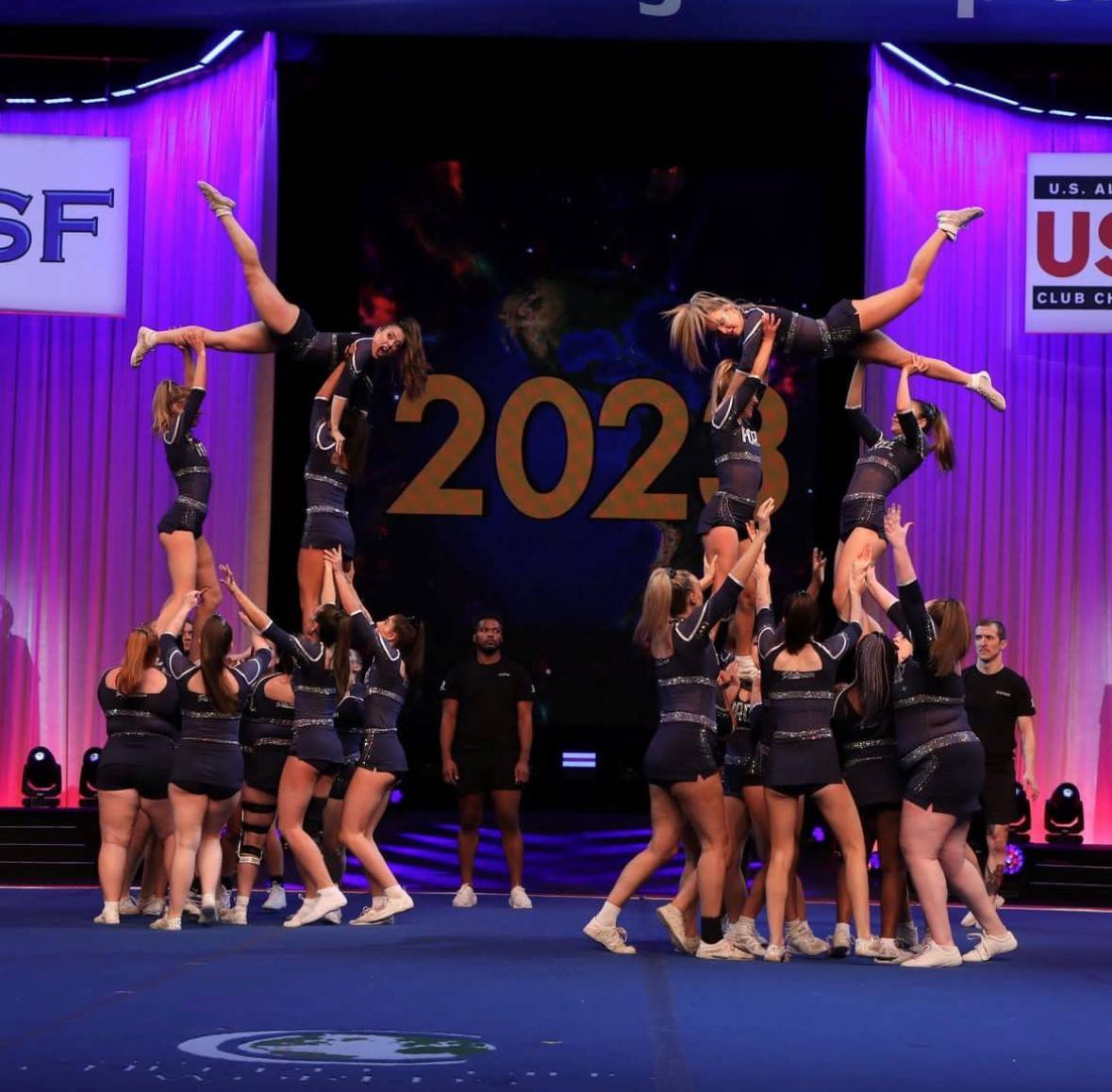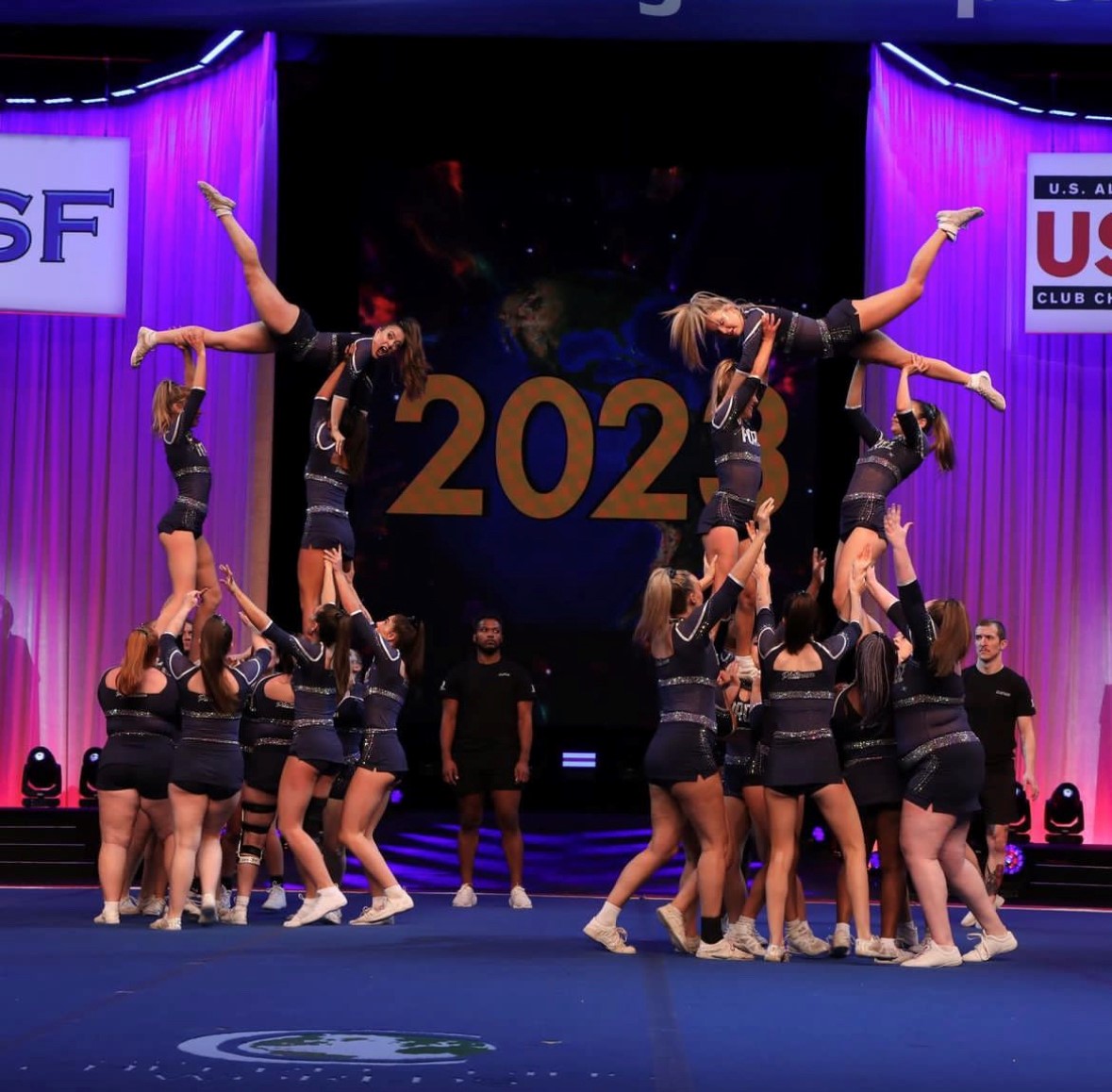Kids, fun and medicine make up this rec therapist’s day

By Louise Kinross
“Lizzy, you have a magical light that shines from you and draws kids into a halo of safety.”
That was written by a parent to describe Lizzy Luff, a therapeutic recreation specialist who works on Holland Bloorview’s complex continuing care unit.
Lizzy first came to our hospital as a volunteer after graduating from a kinesiology program. “I took a year off and volunteered here and at SickKids,” she says. “It was at Holland Bloorview that I found out about therapeutic recreation. I grew up working at summer camps and loved working with kids, and after kinesiology, I was also interested in the medical side of things. Therapeutic recreation was the perfect combination.”
She returned to school to study the program. “On our very first day they had a blackboard and they asked us to write down why we wanted to do the program. I wrote down the names of my volunteer supervisors at Bloorview: Randy Mulder and Michelle Champagne. They later became my colleagues.
“They were both so passionate about what they do. Michelle’s sense of humour is something I really admire. She has a way of connecting with clients and families with humour, and it really helps draw them out to participate. Randy has incredible energy—for the programs and for the kids. He can turn any situation into a fun situation.”
Today Lizzy spends her days running a variety of programs on the unit that include creative arts, baking and cooking, relaxing in the Snoezelen room, swimming, adapted gym activities, group games and pet visiting. She works with our child life team to run a new unit support group for children and youth. She also goes to unit rounds, family-team meetings and does one-to-one sessions with kids at the bedside. When a child is closer to discharge, she works with parents to find adapted programs they can do in the community.
“There was a learning curve to work with clients who were non-verbal or who have limited fine-motor or gross-motor skills, and learning how to adapt programs so they can best participate,” Lizzy says. “If a child is participating through hand-over-hand support or observation we may describe the steps of the activity and incorporate sensory aspects, such as having them feel the texture of a pom pom or crinkly paper or other craft material.”
One challenge is that therapeutic recreation staff can’t supervise a child with medical equipment like a trache tube or ventilator alone. A nurse or trained family member needs to be present. “Our nurses have a lot on their plate, making it difficult to always be able to leave the high observation rooms,” she says. “We collaborate with nurses to come up with some creative solutions, like bringing a computer on wheels to the lounge, so a nurse can do documentation while also supervising a child,” she says.
Lizzy and her peers receive numerous Spotlight awards from families. “Parents value us seeing each kid for who they are, learning their interests, and recognizing their strengths. We adapt all of our programs to meet everyone’s needs. Another piece is providing respite to parents. For them to have a couple of hours of a break, knowing their child is having fun and is safe, is really meaningful. Often parents feel safe to talk with us about any challenges they might have. There are also special moments where we get to foster a fun family activity like making art or baking.”
Lizzy experiences the gamut of emotions in her role. “You get really connected to these families because you see them day in and day out, and you watch them go through some difficult situations. It’s hard not to be emotionally invested and you wish you could do everything possible to help them.”
There are “lots of happy emotions,” she says, “when kids have fun and laugh and enjoy themselves. It’s truly a reward to see kids thrive in programs.”
It’s frustrating when a child is ready to be discharged but the nursing hours for them to return home aren’t available. “So they’re ‘stuck here’ due to a lack of community support,” Lizzy says. Sometimes parents have to pull all-nighters to monitor their child when they first get home. “It’s impossible,” she says.
Lizzy leans on her teammates to manage stress. “We share an office which allows us to connect multiple times a day and to support one another through tricky situations.”
Outside the hospital Lizzy is a competitive cheerleader. “It’s a nice physical outlet and I have to fully turn my mind off because I’m lifting people in the air and I need to keep them safe. I started at university and have kept up ever since. I’m called the back spot, and I’m on the ground and in charge of lifting the flyer and watching if they’re going to fall. I can see which way they’ll fall and I have to support their body so their head and neck are safe, all while performing really difficult skills.”
Lizzy says cheerleading is “meaningful for me physically, mentally and emotionally.” She’s passionate about it, and that’s the kind of recreation she aims to help kids at Holland Bloorview find when they return home.
If she could change something about how our recreation programs run it would be to have all of the supports necessary for children to participate equally, including those who are trached and vented. “I wish there were no barriers to people participating.”
In the photo below, Lizzy is participating in the Cheerleading World Championships this year. Like this story? Sign up for our monthly BLOOM e-letter. You’ll get family stories and expert advice on raising children with disabilities; interviews with activists, clinicians and researchers; and disability news.

















Leave a comment